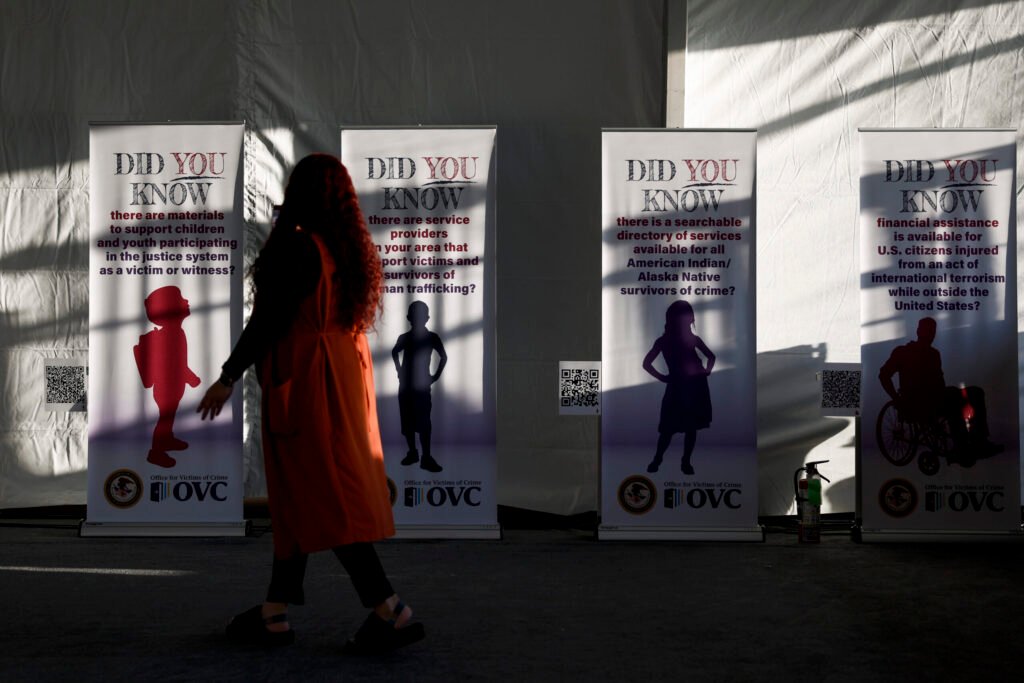The Tennessee Department of Criminal Justice Program has stopped grants to agencies offering legal support to immigrants who are crime victims. This shift has impacted organizations like the Tennessee Union, which has traditionally helped immigrant survivors of domestic violence, sexual assault, and human trafficking.
On June 30, the Immigration Law Clinic, a nonprofit that provided crucial legal assistance in these cases, was permanently shut down. The loss of these funds has left many vulnerable individuals with fewer legal options. Jennifer Escue, the coalition’s CEO, expressed concern that this situation drives affected communities further into hiding. “They’re not going to seek help; they won’t report their abusers,” she noted.
The clinic used to help non-legal immigrants apply for special visas designed for victims of crime, paving the way for legal status and ultimately permanent residency. However, there are concerns that the climate of fear around immigration enforcement might deter victims from coming forward. The potential for abusers to threaten their partners’ immigration status adds another layer of complexity to these situations.
In the past, this organization supported around 150 new clients annually and continued to assist 400 to 500 with their visa petitions. Losing $137,000 a year, as a result of this funding cut, arrives at a time when many legal service providers are already overwhelmed—especially since the previous administration’s stricter immigration policies have left immigrants with limited resources.
Emily Stotts, legal director of Justice for Our Neighbors, spoke about the challenges they face now that the Coalition’s legal clinic has been closed. Her organization is attempting to assist former clients from the Tennessee Union. She emphasized the need for collaboration to help law enforcement effectively address these crimes, particularly through the U-Visa program, which is meant to help victims gain legal immigration status.
“We already have capacity issues, and this is making them worse,” Stotts said. In response to inquiries about the funding cuts, Jennifer Brinkman, executive director of the Office of Criminal Justice Programs, explained that the contract funding the legal services was not renewed upon its expiration.
The termination of funding for immigrant legal services coincides with the former administration’s extra restrictions on federal victim assistance funds, requiring states and nonprofits accepting these funds to cooperate with immigration enforcement. A federal lawsuit filed by 21 Democratic Attorney Generals aims to challenge this withholding of funds for states that do not comply with these conditions.







